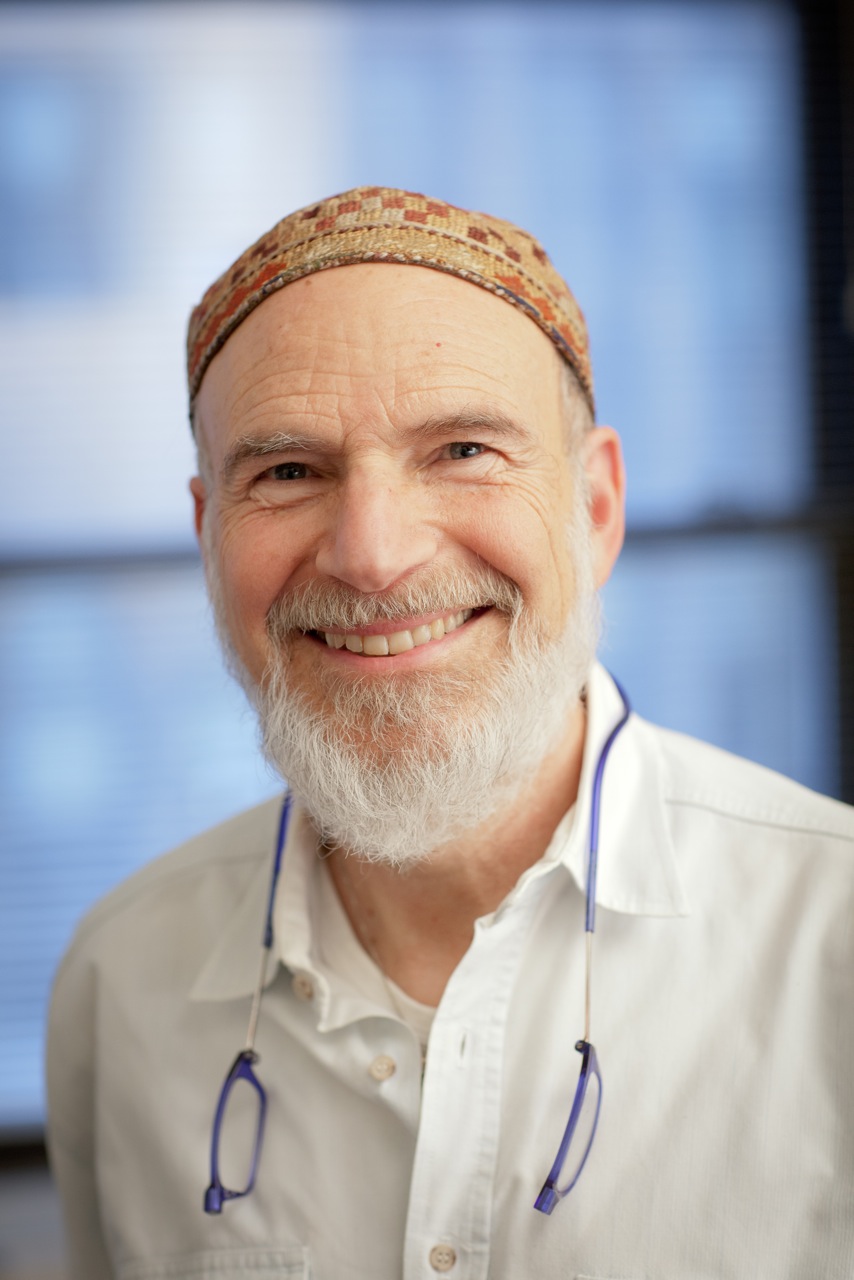I am standing by a pristine mountain stream at 10,000 ft. in the Wind River Range in Wyoming and sobbing. My hiking partner Ed, whose family has been here for hundreds of years, has just said to me that the land belongs to me as much as it does to him. That was nearly 40 years ago and I, the son of immigrants, can still remember it vividly. I now know that my feeling of not being connected to the earth is typical for most people living in contemporary industrial society. This lack of connection helps explain both the causes of the ecological crisis–global climate change–that is just beginning and the relatively small number of people who are working to prevent it from becoming the great catastrophe in human history.
Climate change, or as my teacher Rabbi Arthur Waskow calls it: Global Scorching, is a justice issue. As we saw in Hurricane Katrina or in Super Storm Sandy, it is the poorest people who are hit the hardest. On a global level, it is the poorest areas that will experience the worst effects of desertification and rising sea levels. They will be the ones experiencing famine. There are already 20 million climate refugees in the world.
Judaism is in its origins the religion of an indigenous people. “God formed the adam/human from the adamah/soil, breathed into him/her the breath of life, and the human being became a living soul.” Adam and adamah come from the same root. Throughout the Torah, the well-being of the people and the earth are fully interconnected.
This week we celebrate Tu BiShvat, known as the New Year of the Trees. A brief look at its origins is instructive, as the holiday itself is not mentioned in Torah.
In Deuteronomy 26, we are commanded to tithe every third year for “the Levite, the stranger, the fatherless and the widow.” The question arose when does a year begin and end. In the Mishnah we learn that the date decided on was the 15th of Shvat or Tu BiShvat, during the winter before there were any new fruits on trees.
The first commands about tithing in Leviticus and Numbers only mention the Levites. We know that Deuteronomy was written during a time of social upheaval and that elements were added to provide for those in need. This tithe is an example. Thus the original Tu BiShvat as a New Year to mark the tax on trees was a social ‘tikkun’.
After making the tithe, the landowner had to make a proclamation saying that he had fulfilled his covenantal obligation in the proper manner and now it was God’s turn to bless the people and the soil. God’s covenant with the people revolves around the land/earth. From the covenant with Noah on, human behavior and the fate of the earth/land are intimately tied.
The teaching of the Torah is that we live in an interconnected world. The second paragraph of the Sh’ma from Deuteronomy is the most obvious, if we don’t respect the needs and rights of the Earth, then the earth will not produce the food we need. The Torah repeatedly warns us that if our greed and lust for power go unchecked we will suffer, and frequently it is earth itself that will bring about the punishment.
Global scorching is the result of human power and greed without limit, based on the erroneous assumption that the earth is a commodity meant for our exploitation. Extreme extraction–fracking, mountain top removal, deep sea drilling, Tar Sands–is the most blatant example of this. The Torah teaches us that we do not and can not own the land; we are here to steward it.
Tu BiShvat is an opportunity for the tikkun of reconnecting with the earth, through ritual, action and learning.
This year, this week, there is a particular action we can take. The Senate just passed a bill allowing the Keystone Pipeline for Tar Sands oil to be built. The House did so as well. They will align their bills and send them to the President’s desk. Many climate experts believe that the extraction, refining, and use of this oil will bring our ecological system past the tipping point on Global Scorching.
The President needs to hear from each of us that we support his veto of the bill. In honor of Tu BiShvat, in honor of Judaism’s teaching us that we are deeply connected to the Earth, let President Obama know1 that he must act for the sake of future generations and veto the Keystone pipeline.
1The 350.org petition is one suggestion for a way to send President Obama a message on this topic.
Rabbi Mordechai Liebling is the founder and director of the Social Justice Organizing Program at the Reconstructionist Rabbinical College. He is the former Executive Vice President of Jewish Funds for Justice and has been a member of the T’ruah board’s executive committee since its inception.


